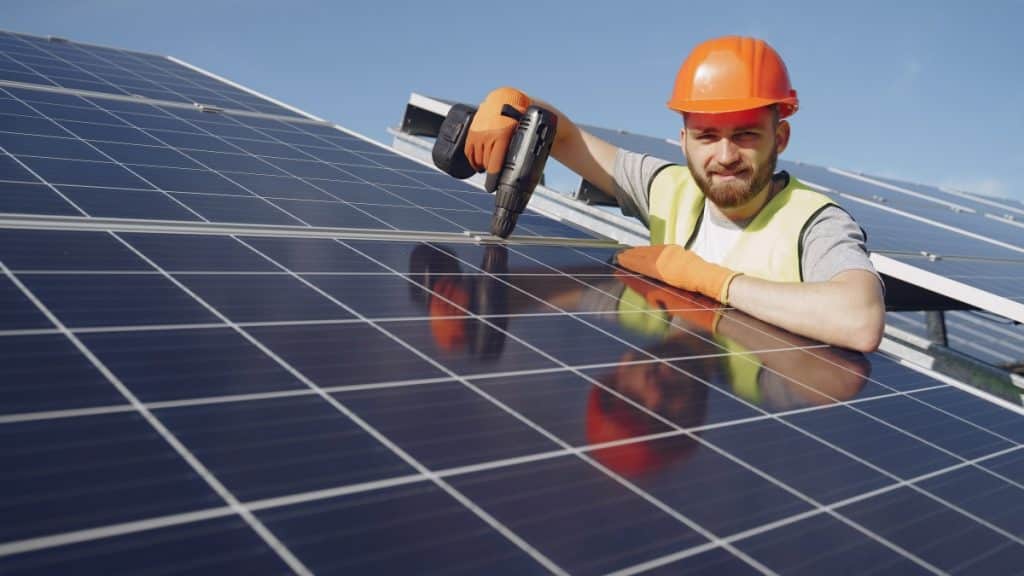In a world increasingly focused on eco-friendly energy solutions, solar panels have emerged as a beacon of hope. These innovative devices convert sunlight into electricity, offering a sustainable alternative to traditional power sources.
In this article, we’ll explore the nuts and bolts of solar panels, unravelling the science behind their operation and understanding how they’re transforming the way we generate electricity.
1. Solar Cells: The Power Generators
At the core of every solar panel are solar cells, the tiny powerhouses responsible for turning sunlight into electricity. Made of materials like silicon, these cells have a special property – they can generate an electric current when exposed to sunlight. This ability, known as the photovoltaic effect, is the key to harnessing solar energy.
2. Sunlight Absorption: Starting the Process
Solar panels contain an array of solar cells that work together to capture sunlight. When sunlight, made up of tiny particles called photons, hits the solar cell surface, it energises electrons in the material. This energy causes the electrons to break free and create an electric current. The more intense the sunlight, the more electrons are set in motion, resulting in a higher electric current.
3. Turning Sun Power into Electricity: DC Output
Initially, the electricity generated by the energized electrons takes the form of direct current (DC). However, in order to power our homes and devices, we predominantly rely on alternating current (AC). To bridge this gap, solar panels incorporate an inverter. This essential component converts the DC electricity produced by the solar panels into AC electricity, seamlessly integrating with our existing electrical systems and ensuring a smooth and efficient power supply.
4. Optimising Efficiency with Sun Angles
The efficiency of solar panels is affected by the angle at which sunlight hits the surface. Typically mounted on rooftops or tracking systems, solar panels can adjust their position to maximise sunlight exposure. Tracking systems follow the sun’s movement throughout the day, ensuring the panels are always at an angle that captures the most energy. This dynamic positioning significantly boosts the overall efficiency of the solar panel system.
5. Overcoming Intermittency: Storing Sun Power
One challenge with solar energy is its intermittent nature, as sunlight isn’t available all the time. To tackle this, solar panel systems often include energy storage solutions, such as batteries. Excess electricity generated during sunny periods is stored in these batteries for later use during cloudy days or at night. This storage capability enhances the reliability and stability of solar powered systems in homes or commercial properties.
6. Solar Tech Advances: Thin-Film and Beyond
In the pursuit of greater efficiency and flexibility, researchers have developed thin-film solar technology as an alternative to traditional silicon-based panels. Thin-film solar panels use layers of different semiconductor materials, offering benefits like a lightweight design and integration into unconventional surfaces. Emerging technologies, such as perovskite solar cells, show promise in further boosting efficiency and reducing production costs.
7. Green Energy Solution: Solar Panels and the Environment
Beyond the technical details, solar panels bring undeniable environmental benefits. Unlike fossil fuels, solar power generation produces minimal greenhouse gas emissions, contributing to the global fight against climate change. As the world shifts toward sustainable energy sources, solar panels play a crucial role in achieving a carbon neutral status and reducing the carbon footprint associated with electricity generation.

